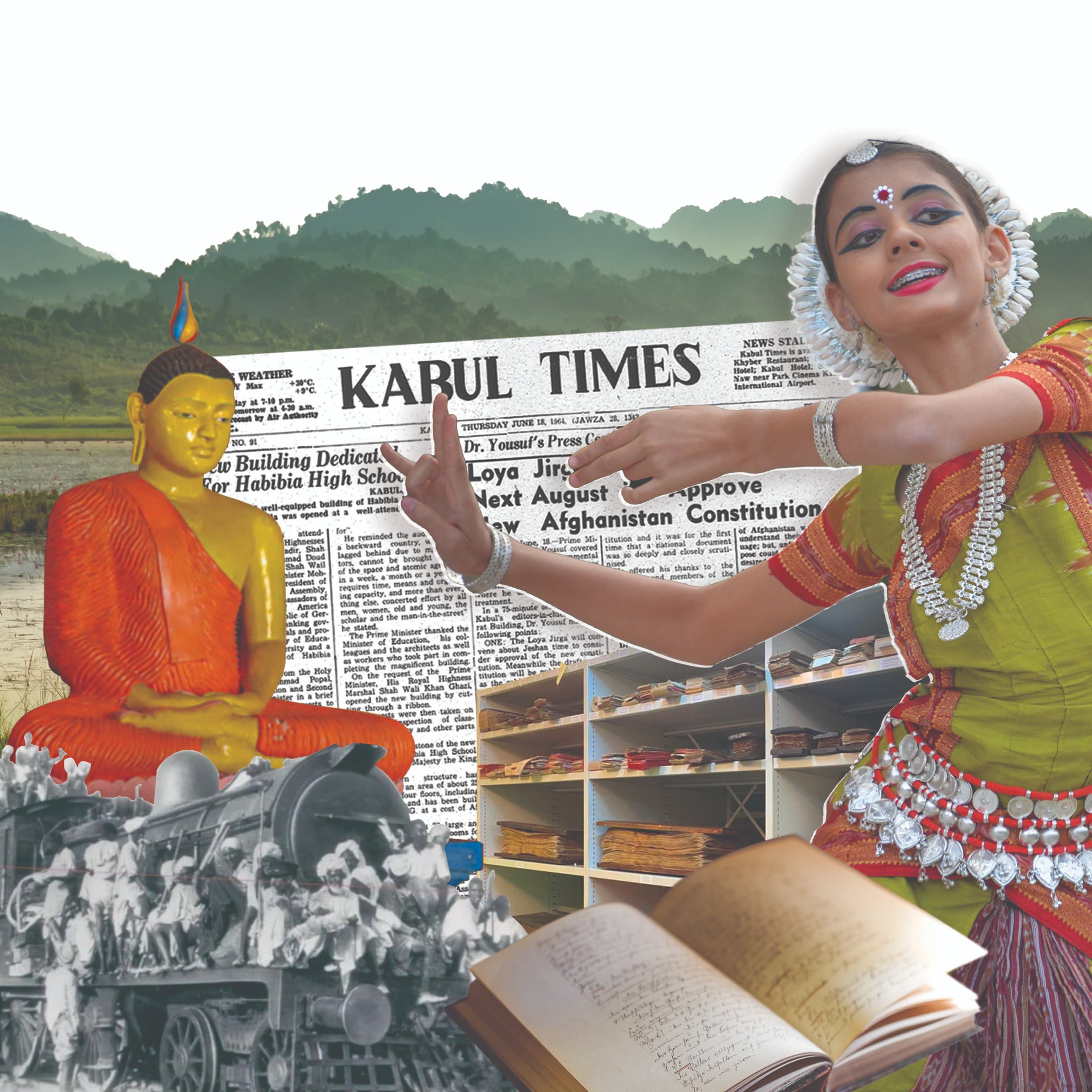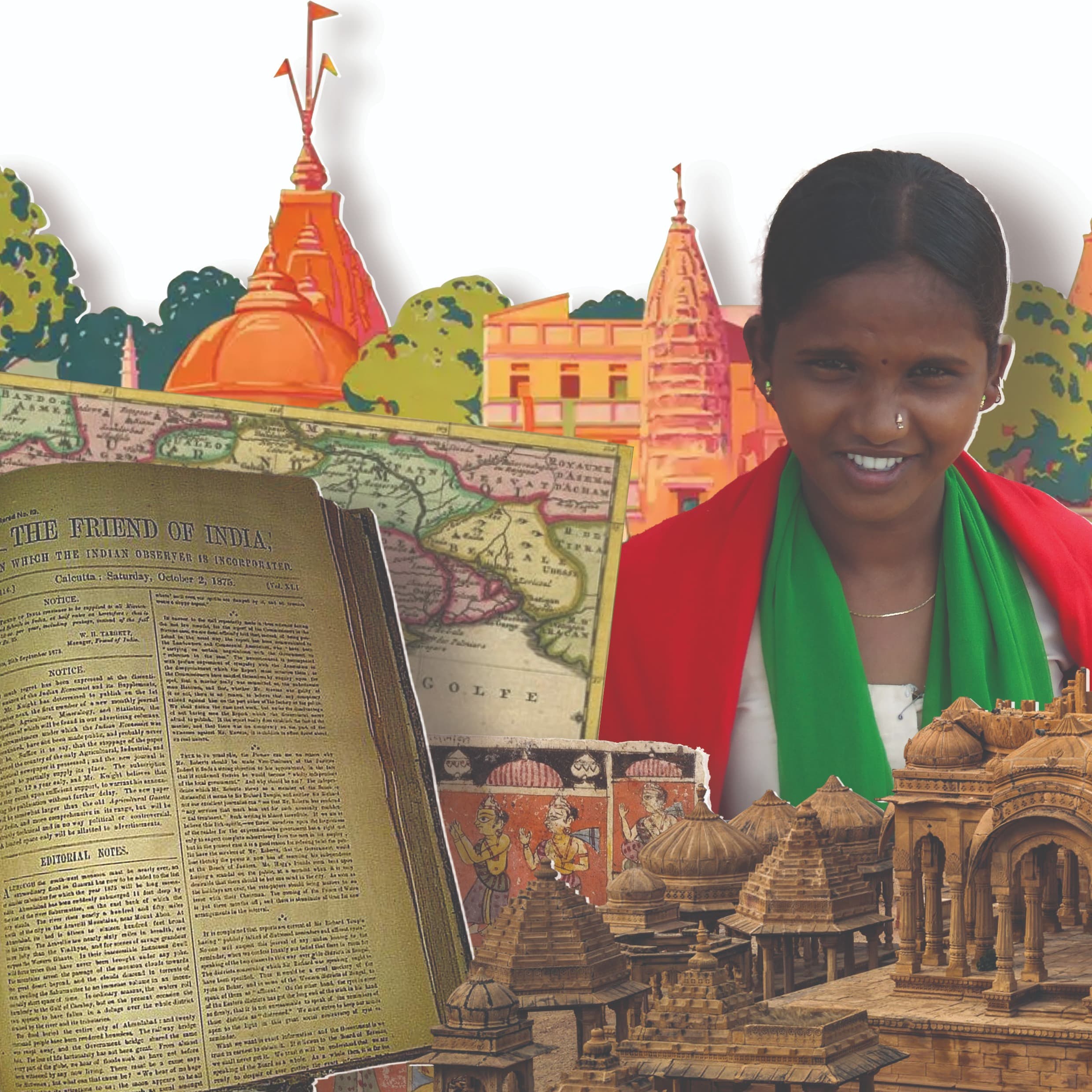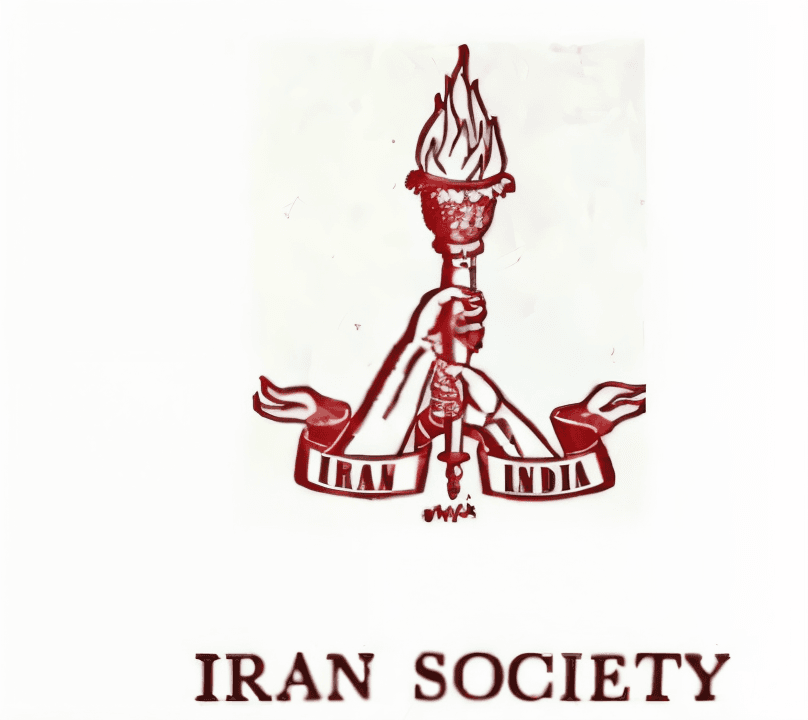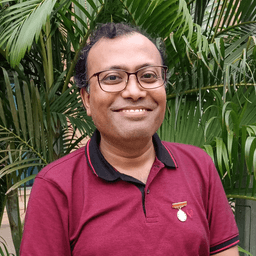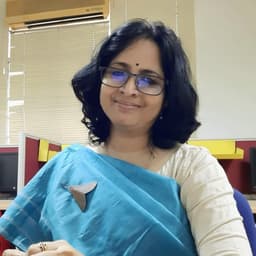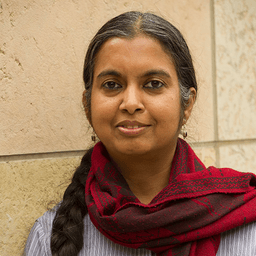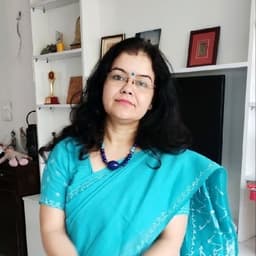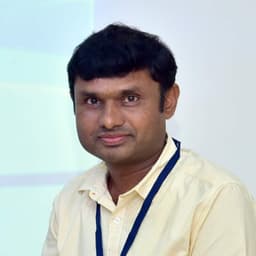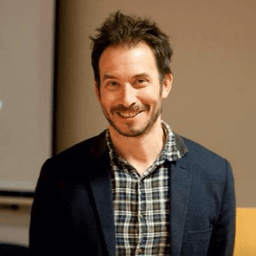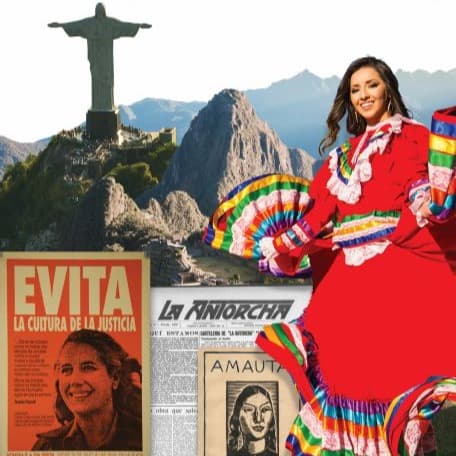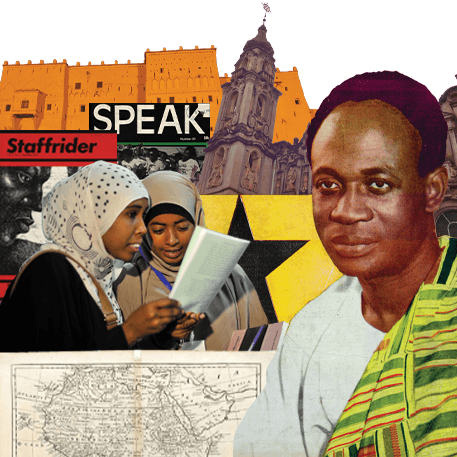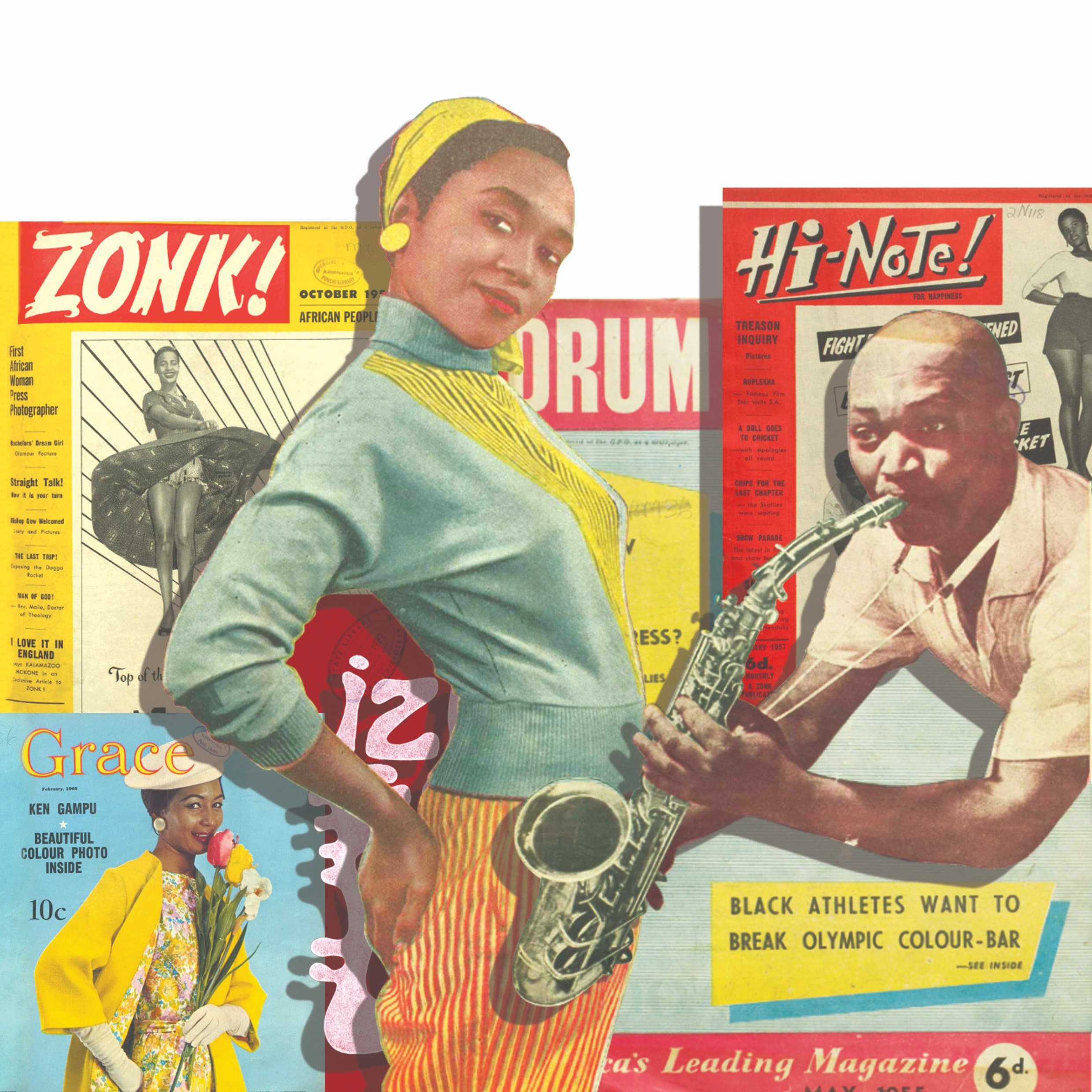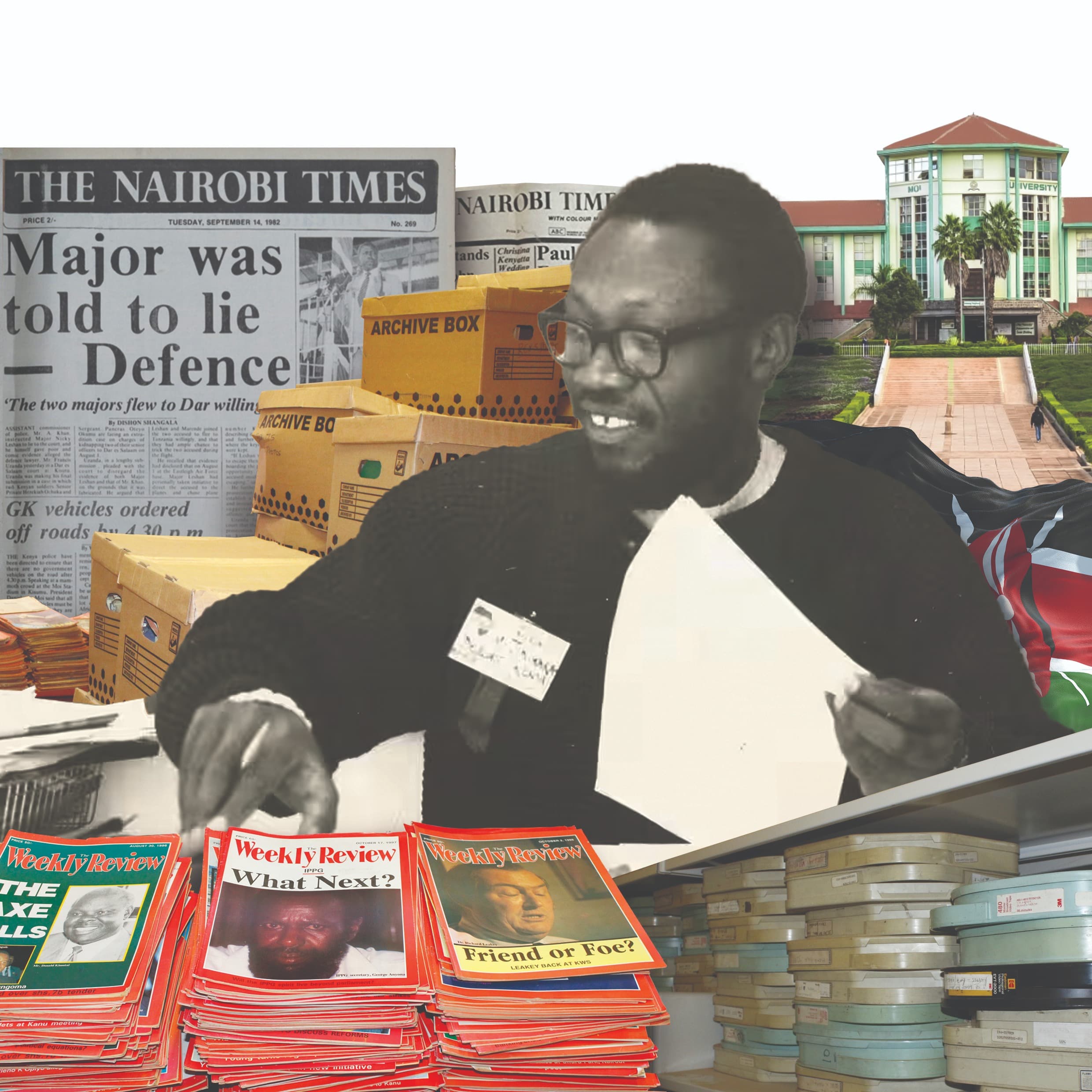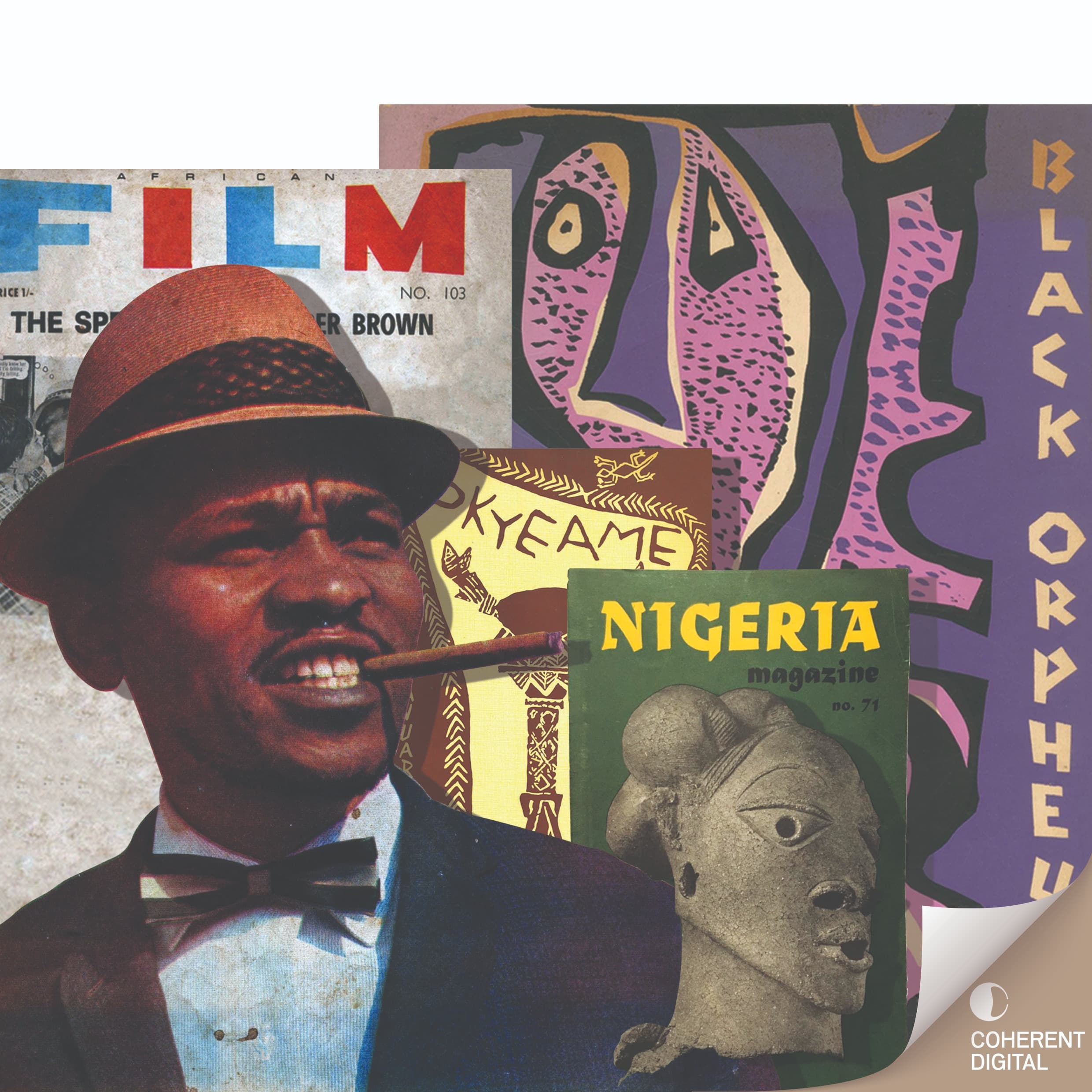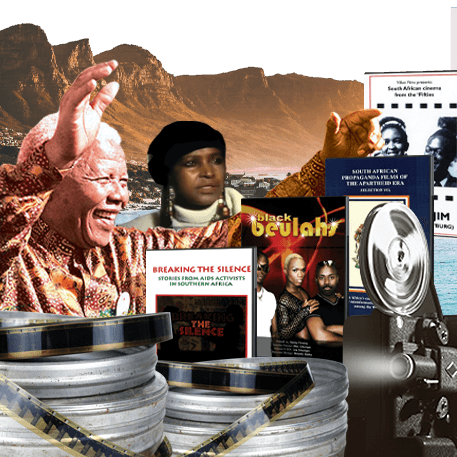Explore our South Asian collections
South Asia Commons is a collaborative project to preserve South Asian materials.
South Asia, a region of immense global significance, is home to nearly 25% of the world's population, including Afghanistan, Bangladesh, Bhutan, India, Maldives, Nepal, Pakistan, and Sri Lanka. India alone stands out as the most populous nation and the fifth-largest economy globally, contributing to the region's rich and diverse cultural tapestry.
However, South Asian content, like much of the Global South's contributions, is underrepresented in libraries worldwide. This includes invaluable cultural heritage materials at risk of being lost.
Collaborating with libraries globally, South Asia Commons is an initiative dedicated to discovering, digitizing, and preserving crucial content from the region. By making this content accessible to scholars and students worldwide, the project fosters inclusive and more equitable research opportunities for the broader communities.
Meet our editorial board
Want a trial?
Free, 30-day trial offered with training
Flexible pricing options, tailored to your institution's needs
Ask your sales rep about collection packages that offer the best value
